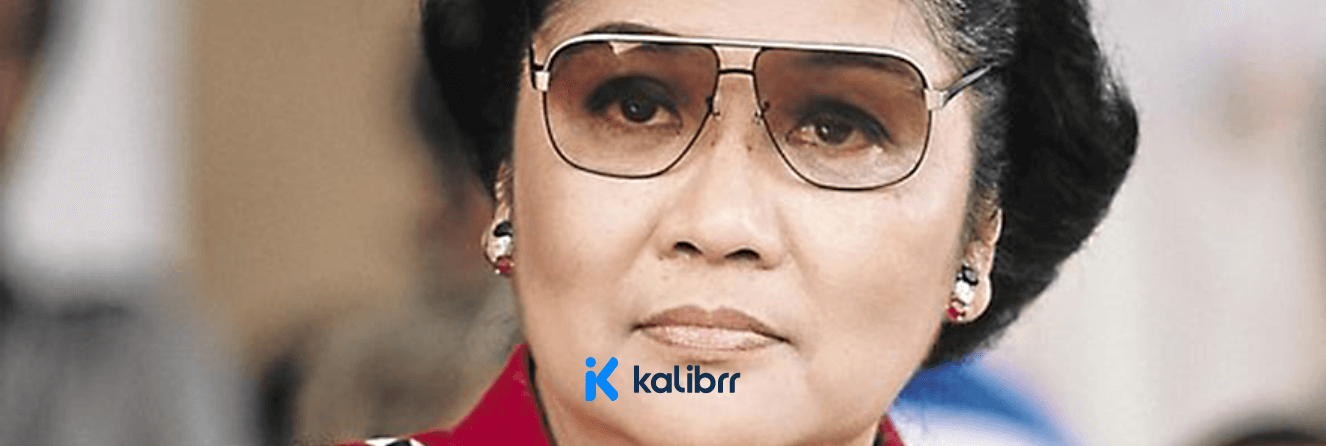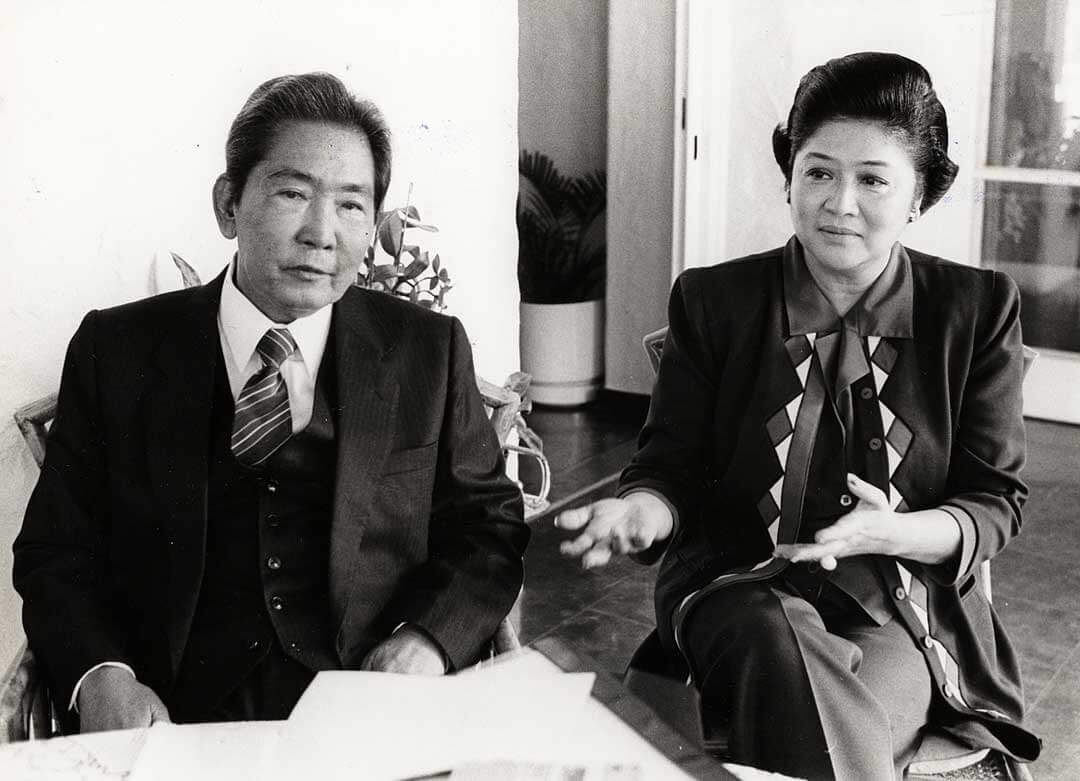This Is What It Was Like To Interview Imelda Marcos

If you were given a chance to interview the most notorious woman in Philippine history, how would it make you feel? Excited? Anxious? Would you start to hyperventilate and throw up? Well, if you were 16, innocent, and a bit naive, perhaps those mixed emotions I mentioned wouldn’t be that difficult to comprehend. In an article from Rappler, writer Marguerite de Leon describes her intense, nerve-wracking interview experience when she was 16 with no other than Madame Imelda Marcos herself. As the school paper’s editor-in-chief at the Philippine High School for the Arts in Mount Makiling, which was founded by Imelda herself, the school’s 25th anniversary allowed Marguerite the chance to interview the founder herself, of which she gladly agreed to do so. And like any interview, a set of questions were carefully prepared, making sure to avoid anything politically related as possible. But alas, Imelda took over everything. “No matter what kind of questions I had, however, it quickly became clear that Imelda was in charge. She hijacked that session and steered it from an innocent chat with a kid to a burning plea for mercy and justice,” wrote Marguerite.
TOPICS
The interview
Imelda, the Imeldific woman that she is, has managed to make the situation even more daunting when she started the interview with an excerpt from her self-help book “Circles of Life,” by which Marguerite thought was somehow very similar to how she aimlessly rambled to director Ramona Diaz in the 2003 documentary “Imelda” about love and peace, about the good, the true, and the beautiful. It didn’t take long for Marguerite to know where this conversation was going. The interview began to take a strange turn when she started talking about a renowned pianist, then recounting her memories of the Marcos regime—a topic that was to be avoided at all cost. Imelda said:
“Marcos saved this country. The only thing Marcos ever cared about was the people. For Marcos, it was all about love. I loved Marcos and Marcos loved every Filipino.”
And then the inevitable happened…
“But what did the Filipino people do? They persecuted Marcos and his family. They persecuted us. They said Marcos stole from the people. They drove us away from the land we loved, when all we ever did was take care of the Filipino people. Why would they do this to us? How did Marcos deserve to be treated this way? Did he do anything wrong? Did I do anything wrong? Did I? Did I?”
If you were in front of Imelda now, and being presented with this rhetorical question, how would you react? Or at the very least, feel?
The downfall of this generation
Put yourself in the shoes of Imelda Marcos: having experienced limitless powers, accumulated billions of dollars of ill-gotten wealth, and arguably at a time, had the biggest private collection of art—and footwear—on the planet. Now try to imagine everything after it was all taken away: a widow, suspected of murder by millions, accused of theft and corruption, shoes confiscated, and to make matters worse, have gained extra pounds as much as years. You’d understand why the interview had come to that point.

But it’s a sad truth that today’s generation are more forgiving than the last, because lucky as we are, we were born during a time where everything was already taking a turn for the better. However, there will still be unhealed scars from our forefather’s past that will remain from ends on out, the least we can do, according to Marguerite, is not only to try to talk ourselves into educating this generation about it, but also equipping them with the right mindset; it wouldn’t bring anyone back from the dead, but at least the next generation will not forget. In the words of Marguerite, “It’s not just a problem of education. What was missing was the conviction to speak up about and act on it.” “How we dig ourselves out of this hole is not just about telling people what happened decades ago, but about giving people the right mindset to actually care about it. That’s what we’re missing.”



No comment available yet!